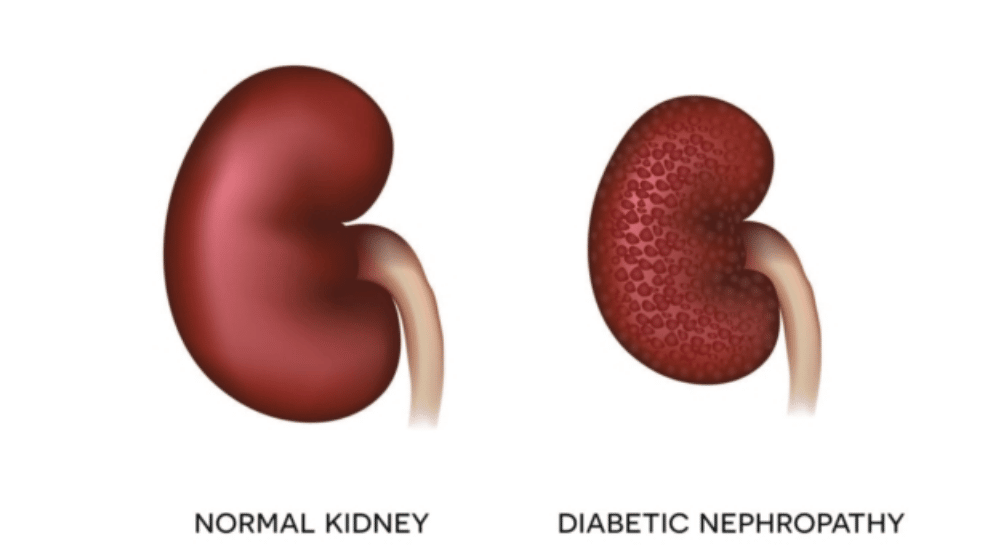What is diabetic nephropathy?
Diabetic nephropathy is one of the many complications of diabetes mellitus. It is also referred to as diabetic kidney disease. This condition affects the organ’s function in removing excess products and fluid from the body. It can also slowly damage the kidney’s filtering system. Without proper treatment, this health problem can result in kidney failure and malfunction.
In the United States, 1 in 3 people with diabetes is diagnosed with diabetic nephropathy. Medications are available to treat this condition; however, diabetes management remains the best method to prevent it.
Symptoms
Like other diabetes complications, diabetic nephropathy can develop without any symptoms. People with diabetes can be asymptomatic. That’s why it is a little challenging to know if this condition has already developed. However, in the later stage of diabetic nephropathy, the following symptoms can appear:
- Uncontrolled blood pressure
- The presence of protein in the urine
- Frequent urination
- Concentration problems
- Shortness of breath
- Nausea
- Vomiting
- Fatigue
- Weakness
- Lack of appetite
- Itchiness in the body
What causes diabetic nephropathy?
Hypertension is believed to be the leading cause of diabetic nephropathy. Also known as high blood pressure, hypertension causes kidney damage by means of increasing the pressure in the filtering system of the organ. Aside from hypertension, uncontrolled blood sugar levels can also trigger nephropathy by damaging the blood vessel clusters in the kidneys that are responsible for filtering waste and excess products from the body.
Risk factors of diabetic nephropathy
It is common in people with diabetes. This means that they are at high risk of developing the condition; however, other potential factors are also present that can increase their chances of getting this kidney disease. Consider the following:
- Hyperglycemia (high blood sugar)
- Hypertension (high blood pressure)
- Smoking addiction
- High cholesterol in the blood
- Obesity or being overweight
- Genetic circumstances
How to prevent it?
Preventing begins with proper diabetes management. However, there are specific ways that you can follow to ensure this condition does not develop later in life. These are as follows:
Take regular diabetes medications – The first form of diabetes treatment is taking insulin shots and oral medications. If this action is observed properly, you can prevent it from happening.
Eat a healthy, balanced diet – Aside from taking prescription medicines, eating a healthy, balanced diet is necessary to supply your body with vitamins and minerals. These nutritional substances can help fight the disease and prevent other complications from happening.
Exercise regularly – Part of diabetes management is maintaining body weight. It means avoiding obesity through regular exercise. A 30-minute to 1-hour daily exercise is enough to prevent the emergence of diabetic nephropathy and other complications.
Stop addiction – Smoking and excessive alcohol consumption can affect your treatment with diabetes. If you are addicted to alcohol and smoking, it can complicate your treatment and make way for health complications such as diabetic nephropathy.
What to do?
An at-home blood test can be effective in monitoring your blood sugar levels. However, this procedure may not be enough to determine if diabetic nephropathy already exists in your body. To know your status, attend regular checkups with your healthcare professional. Most of the time, laboratory tests are necessary to identify an existing diabetes complication.


